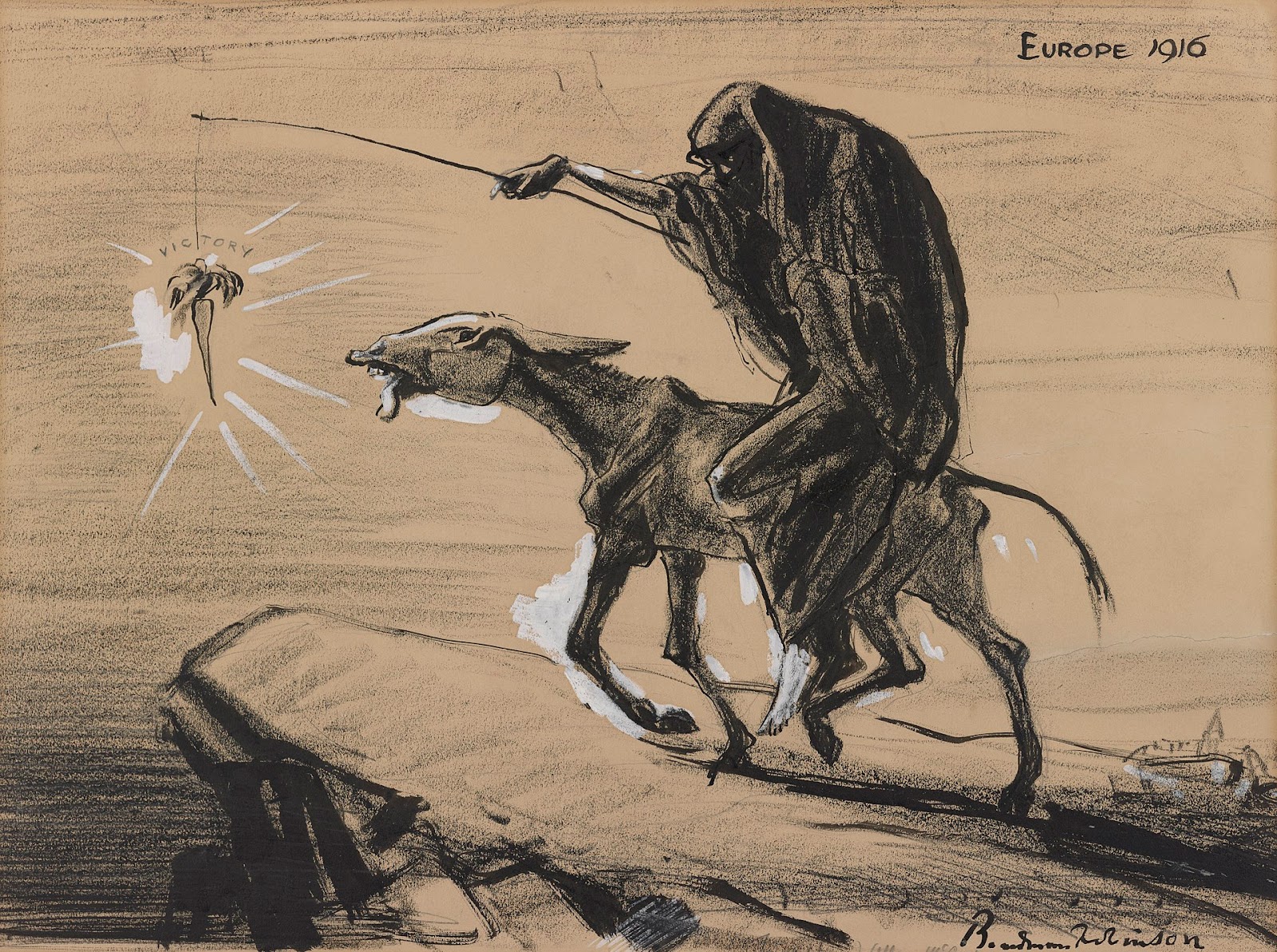"The list of signers includes a string of Republican officials and influential thinkers — 75 as of Monday evening — who are not ordinarily associated with gay rights advocacy, including some who are speaking out for the first time and others who have changed their previous positions."
Among them are Meg Whitman, who supported Proposition 8 [a ban on same-sex marriage] when she ran for California governor; Representatives Ileana Ros-Lehtinen of Florida and Richard Hanna of New York; Stephen J. Hadley, a Bush national security adviser; Carlos Gutierrez, a commerce secretary to Mr. Bush; James B. Comey, a top Bush Justice Department official; David A. Stockman, President Ronald Reagan’s first budget director; and Deborah Pryce, a former member of the House Republican leadership from Ohio who is retired from Congress....
Actually, this isn't such an impressive list of names. It seems pretty pathetic to me.
[T]he presence of so many well-known former officials — including Christine Todd Whitman, former governor of New Jersey, and William Weld and Jane Swift, both former governors of Massachusetts — suggests that once Republicans are out of public life they feel freer to speak out against the party’s official platform, which calls for amending the Constitution to define marriage as “the union of one man and one woman.”
Or it suggests Republican governors of New Jersey and Massachusetts aren't that conservative.
But then there's Huntsman:
Jon M. Huntsman Jr., the former Utah governor, who favored civil unions but opposed same-sex marriage during his 2012 presidential bid, also signed. Last week, Mr. Huntsman announced his new position in an article titled “Marriage Equality Is a Conservative Cause,” a sign that the 2016 Republican presidential candidates could be divided on the issue for the first time.
This is the first reference I've seen to Huntsman's article, and I'm constantly scanning the web for news stories, especially on the subject of same-sex marriage,
especially with the Supreme Court decision pending. Why isn't Huntsman more influential? It's uncanny that this man, a former governor, very nice looking, doesn't get more play among conservatives. Here he is trying to tell conservatives what's conservative, and I don't have to read his article or any response to it to know that conservatives will reject what he's saying out of hand, designating him
not a conservative.
But how about not rejecting it out of hand? Put aside your Huntsmanophobia for a moment. He connects marriage equality to free market capitalism:
Marriage is not an issue that people rationalize through the abstract lens of the law; rather it is something understood emotionally through one’s own experience with family, neighbors, and friends. The party of Lincoln should stand with our best tradition of equality and support full civil marriage for all Americans.
This is both the right thing to do and will better allow us to confront the real choice our country is facing: a choice between the Founders’ vision of a limited government that empowers free markets, with a level playing field giving opportunity to all, and a world of crony capitalism and rent-seeking by the most powerful economic interests.
Adam Smith was not only an architect of the modern world of extraordinary economic opportunity, he was a moralist whose first book was The Theory of Moral Sentiments. The foundation of his thought was his insight that free markets and open commerce strengthened our moral fiber by reinforcing the community of shared and reciprocal economic interests. Government, he thought, had to be limited lest it be captured and corrupted by special business interests who wanted protection from competition and the reciprocal requirements of community.
We are at a crossroads. I believe the American people will vote for free markets under equal rules of the game—because there is no opportunity or job growth any other way. But the American people will not hear us out if we stand against their friends, family, and individual liberty.
I'd say that's a bit under-theorized. There's so much padding at the beginning of the article — Republicans need to win over the younger generation and so forth. The ending is a mishmash — a mere hint of an idea that might make sense. What does he say other than equality is good and free market capitalism is also good? There's this odd concession that law doesn't matter, because this is something that people are going to understand emotionally. Rather than make an "abstract" legal argument — why is law only abstract? — he appeals to emotion. You should be for equality because equality is the
right principle. First of all,
that's abstract. Secondly, the go-with-your-heart, emotion-is-the-answer approach is what leads so many people to oppose same-sex marriage.
The other argument seems to be that the economic issues are what's really important, so let's get this pesky marriage issue behind us so we can move on. People will "vote for free markets"
if there are conditions of equality. That suggests that marriage equality is the kind of equality in the marketplace that Adam Smith was talking about. Is it? Maybe, but Huntsman doesn't even attempt to connect that all up. As I said: under-theorized. That's my abstract legalistic view and my from-the-heart emotional view.




